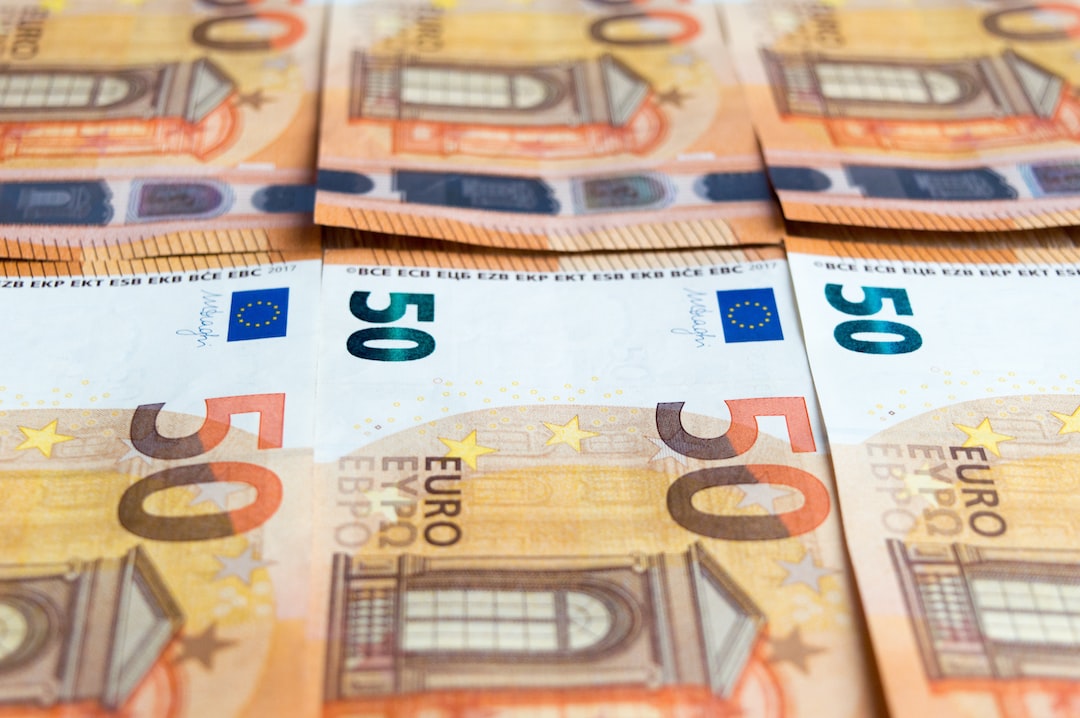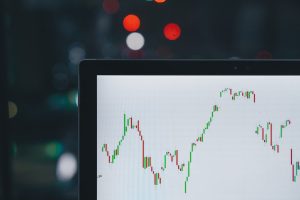The forex market is one of the most volatile and dynamic financial markets in the world. It is a decentralized market that operates 24 hours a day, 5 days a week, and is driven by a multitude of factors that influence its dynamics. Understanding what influences the forex market is crucial for traders and investors to make informed decisions and manage risk effectively.
Here are some of the key factors that influence the forex market:
1. Economic indicators: Economic indicators such as GDP, inflation, employment, and interest rates have a significant impact on the forex market. Positive economic data can boost a currency’s value, while negative data can cause it to depreciate. For example, if a country’s GDP growth rate is higher than expected, its currency is likely to appreciate, as investors see it as a sign of a healthy economy.
2. Central bank policies: Central banks play a crucial role in the forex market through their monetary policies. Interest rate decisions by central banks can affect the value of a currency. If a central bank raises interest rates, it can cause the currency to appreciate, as investors seek higher returns. Conversely, if a central bank cuts interest rates, it can cause the currency to depreciate, as investors seek higher yields elsewhere.
3. Political events: Political events such as elections, wars, and natural disasters can have a significant impact on the forex market. For example, a presidential election in a country can cause uncertainty and volatility, as investors try to gauge the impact of the election on the economy and the currency.
4. Market sentiment: Market sentiment refers to the overall mood of investors regarding a currency or the market as a whole. Positive market sentiment can cause a currency to appreciate, while negative sentiment can cause it to depreciate. Market sentiment is often influenced by news events, economic data, and political developments.
5. Trade balance: A country’s trade balance, which is the difference between its exports and imports, can have a significant impact on its currency. If a country has a trade surplus, it is likely to have a stronger currency, as it is exporting more than it is importing. Conversely, if a country has a trade deficit, it is likely to have a weaker currency, as it is importing more than it is exporting.
6. Technical analysis: Technical analysis is a method of analyzing the forex market based on past price movements and market trends. Technical analysts use charts and other tools to identify patterns and trends in the market, which can help them predict future price movements.
In conclusion, the forex market is influenced by a multitude of factors, including economic indicators, central bank policies, political events, market sentiment, trade balance, and technical analysis. Traders and investors need to understand these factors to make informed decisions and manage risk effectively in the forex market. Furthermore, it is important to note that these factors are interrelated and can have a domino effect on each other, causing a chain reaction of events that can significantly impact the forex market’s dynamics.






